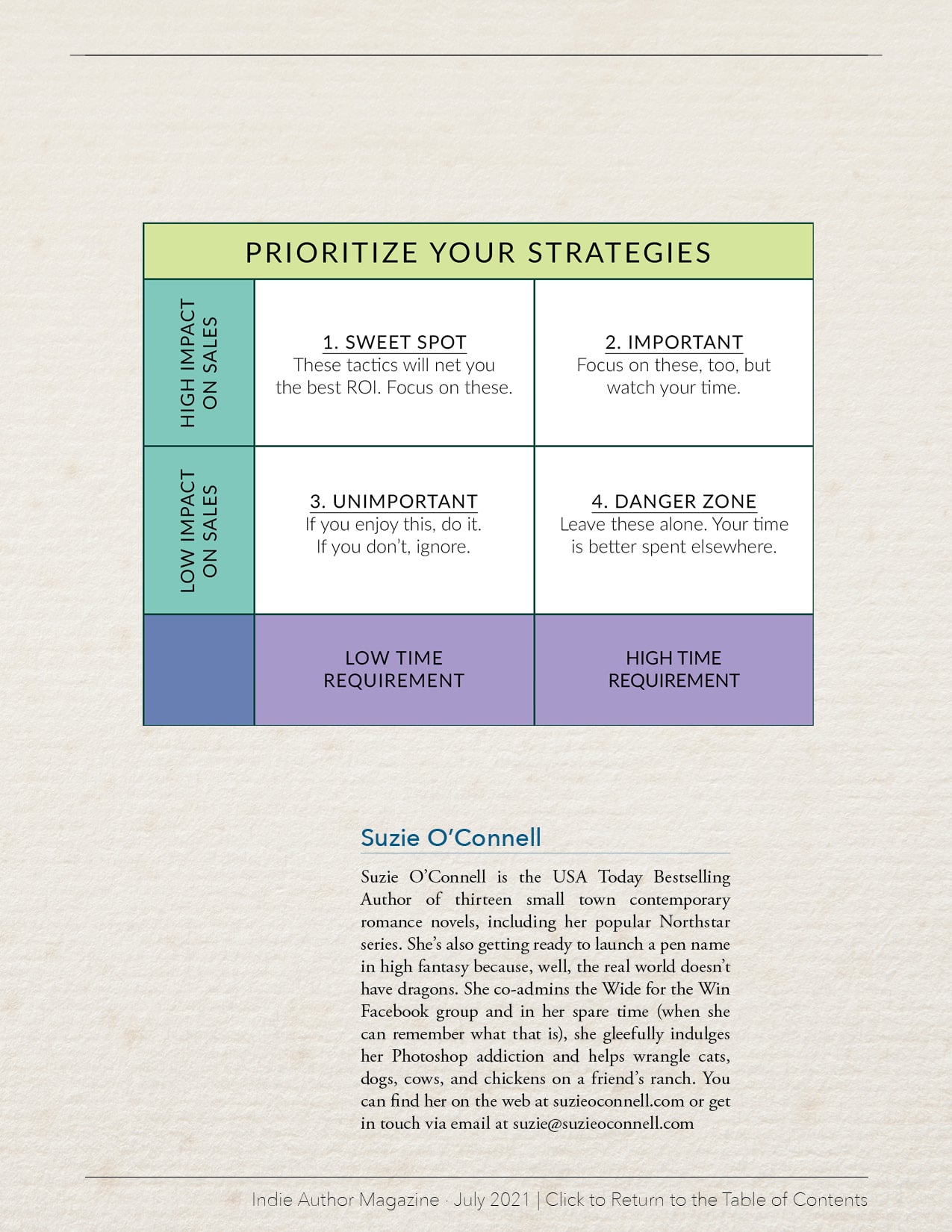
Your aim is to ensure that your audience buys on impulse rather than having to regret why they didn’t buy later.īy using catchphrases like “Buy now or regret later”, you create a sense of urgency which often leads to impulse buying. People do not like to miss opportunities. What does this mean? In marketing, all you have to do when using the FOMO strategy is to ensure that your audience realizes they would be missing out if they do not purchase your item. What Does FOMO Have to Do with Marketing?Īlthough FOMO literally has to do with the fear of missing out, it is actually a form of marketing that can be used to your advantage as a business person.įOMO marketing is a form of marketing where you leverage the consumer desire to grab every opportunity that comes their way. They leave every other part out and you do not get to see the imperfect side of their lives. However, what so many people forget is the fact that people only show you what they want to show you on social media. It tends to make other people feel like they are missing out when they cannot live up to the standards created by the glamorous people. This is because so many people post the glamorous part of their lives on social media. The advent of social media has really contributed to this surge in the fear of missing out. Naturally, we human beings have the tendency to worry about “missing out” because we are a risk-averse species. While this is just a random example, this happens because you are scared of missing out.īasically, FOMO simply means the “fear of missing out”. While you are at Beth’s Dinner party, and your friend Klaus is also having a party, you secretly wish you could be present at both parties…. Sometimes, we even want to be in two different places at the same time “Whether that’s a teenager missing prom, a college student missing the opportunity to play in a sports championship, and anyone who missed out on the usual celebration of a graduation.At some point in our lives, we worry about not being able to catch up with others. “In addition to FOMO, many of us are experiencing grief over missing out on celebrating milestones and spending time with each other, especially during the holidays,” says Wolkin. Missing out on something when there is no tangible future compensation in store. But the fear that you’ve missed out on something that you’re never going to get back. Not envy over others living the life you want. But how can anyone cope with missing out on invaluable experiences and the opportunity to make up for it in the future? That’s what FOMO has morphed into. There was a certain “flexibility” to it, because where you missed out on one experience, there was another waiting for you. The old FOMO was curable, or at least soothable. The most complicated part is how we handle each respective FOMO. Currently a high school senior, she plans to attend college next year and eventually pursue a career in journalism or politics. Sofia Barnett is a 17-year-old writer living in Frisco, Texas.


Every other student I talked to shared at least some fear of missing out on an event that big. Not getting to experience a pivotal moment like graduation, the day that signals transition into adulthood, is metamorphic. When my Texas high school announced that Covid-19 might cause a missed or modified graduation for the class of 2021, my year, I was devastated. Missing out on category-two events like prom sucks for sure, but the thought of not having a graduation? After sitting through four years of physics, forensics, and French? It’s debilitating. It’s a big deal, and because of a pandemic, I might not get to have one. Things like graduation, an event that seems hokey and overblown until you realize it’s the single most important day of your young life.

Category three: life-defining moments of progression and accomplishment. Category two: coming-of-age teen experiences that seem fun but don’t really carry much weight in the long run (prom? homecoming? whatever). Like the actual addition of inches to one's vertical clearance and an increased proximity to legal voting age. High school milestones can be broken down into three categories-sort of like the Richter scale of maturing.


 0 kommentar(er)
0 kommentar(er)
